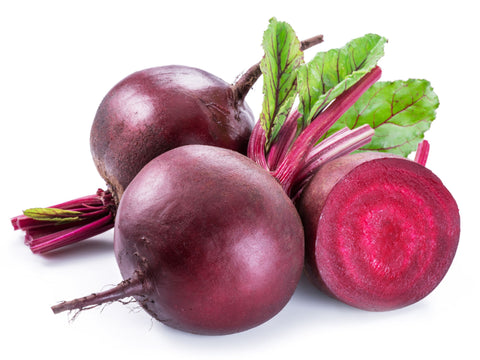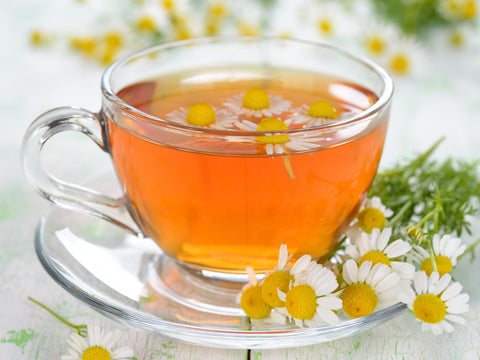Allergies can significantly impact our daily lives, causing discomfort, sneezing, watery eyes, and a general feeling of unease. While there are numerous over-the-counter medications available to alleviate allergy symptoms, some individuals may seek a more natural approach. One alternative is the use of herbs for allergies, which have been utilized for centuries as a means to combat various ailments, including allergies.
One particularly potent herb for allergy relief is stinging nettle (Urtica dioica). Despite its name, stinging nettle offers a host of benefits when used correctly. Its leaves, when brewed into a tea, possess antihistamine properties, reducing inflammation and nasal congestion associated with allergies. Moreover, stinging nettle acts as a natural decongestant, helping to clear the sinuses and provide relief from allergy-related headaches.
Another commonly known herb for allergy relief is butterbur (Petasites hybridus), which has been used for centuries in traditional medicine practices. Butterbur contains active compounds that inhibit the release of histamine and leukotrienes, both of which are proteins responsible for allergy symptoms. Its effectiveness in reducing symptoms such as sneezing, itching, and nasal congestion has been supported by clinical studies, making it a popular choice among individuals seeking natural remedies for allergies.
Quercetin, a plant flavonoid, is also worth mentioning for its powerful anti-allergic properties. Found in various fruits, vegetables, and herbs, such as onions, apples, and capers, quercetin acts as a natural antihistamine, inhibiting the release of histamine and controlling inflammation in the body. By reducing the production of histamine, quercetin can alleviate symptoms such as runny nose, itchy eyes, and hives.
While herbs like stinging nettle, butterbur, and quercetin have shown promising results in relieving allergy symptoms, it is important to remember that individual responses may vary. Allergy sufferers should consult with a healthcare professional and always follow their advice, especially if they are taking any existing medications or have pre-existing conditions.
It is also important to note that herbal remedies should not replace traditional allergy treatments prescribed by healthcare professionals. Rather, they can be used as complementary therapies to enhance the management of allergy symptoms. It is crucial to find the right dosage and preparation method for each herb, as incorrect usage may lead to unwanted side effects or interactions with other medications.
Article By: Heather Campa, Wyoming Wildflower



